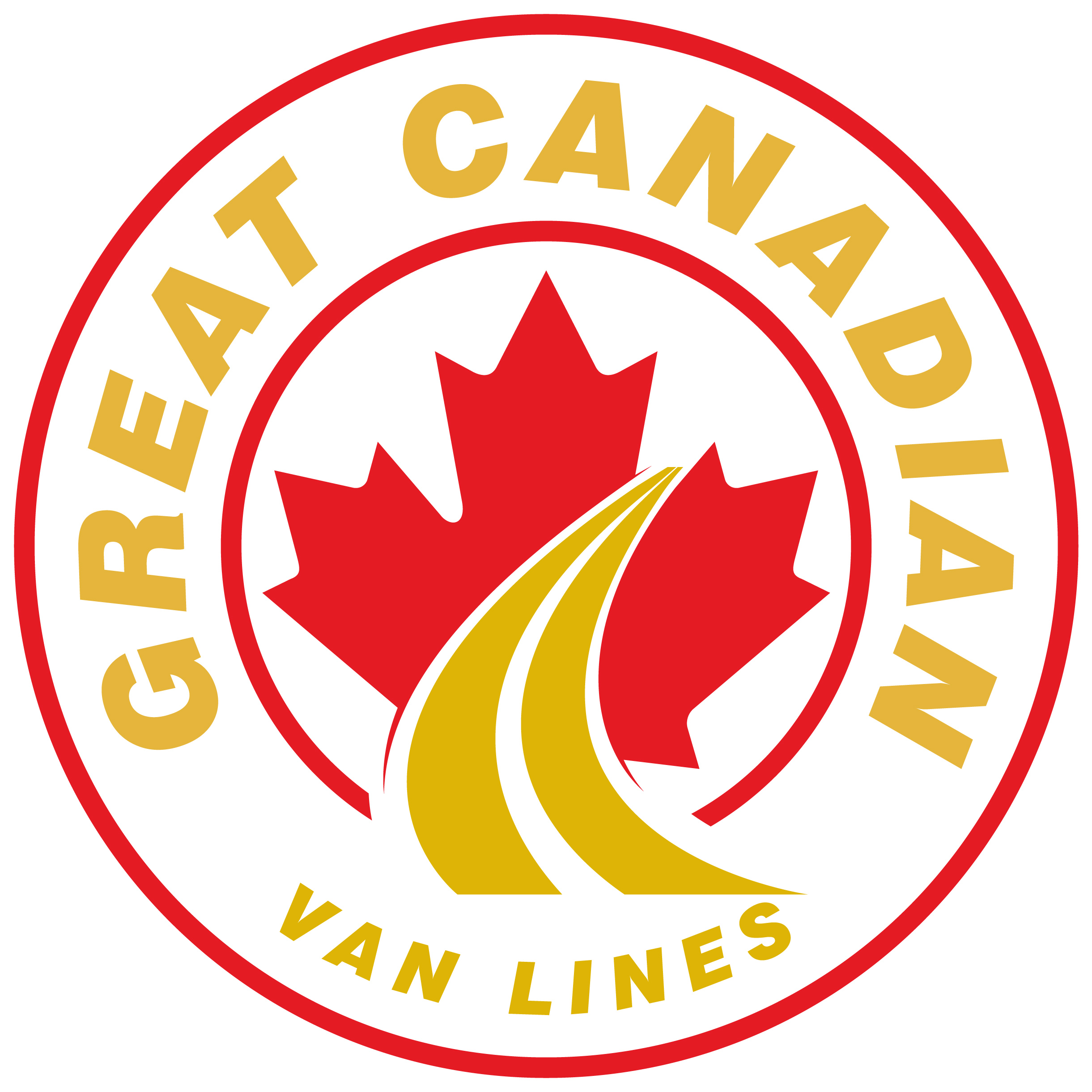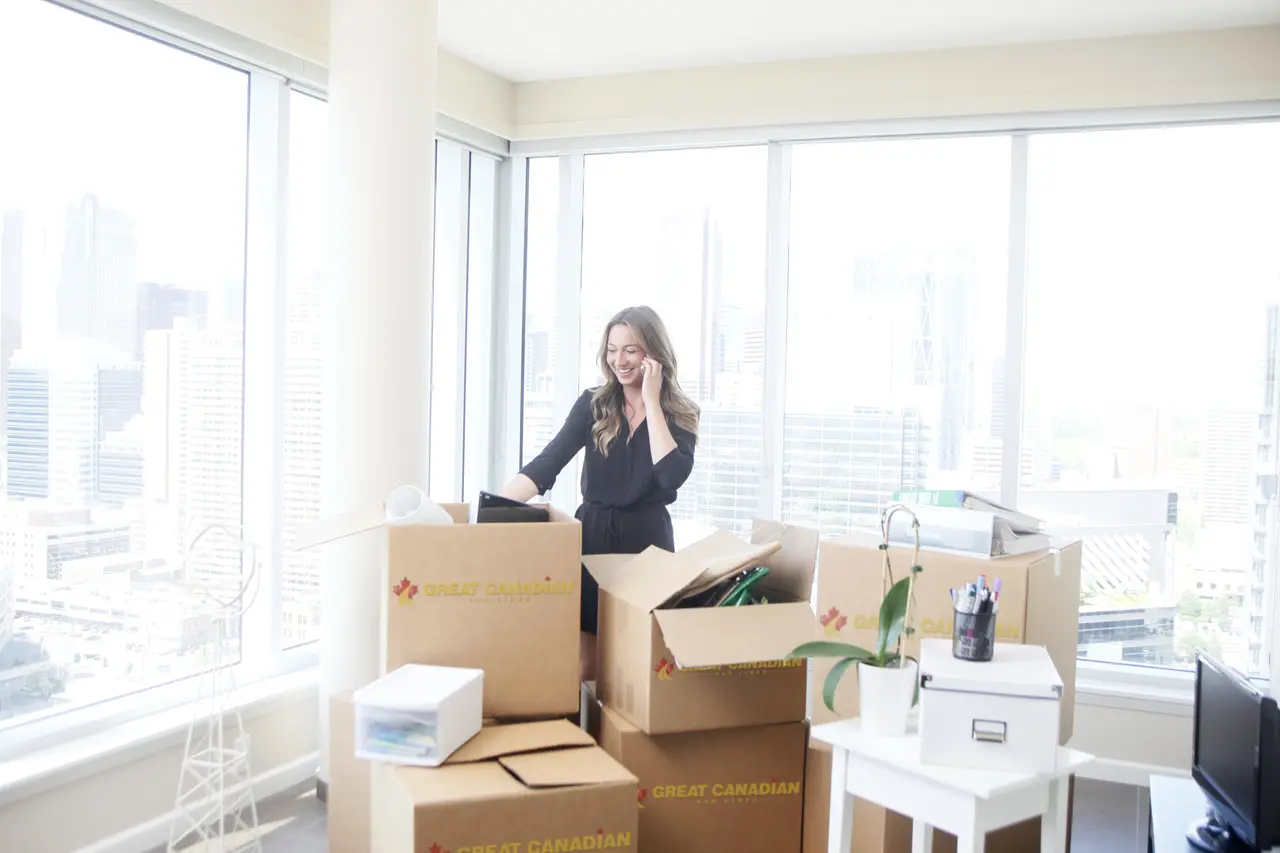Initial Planning and Preparation
When planning a move, it’s essential to start with thorough planning and preparation. This includes researching moving companies, obtaining quotes, and developing a budget. You should also begin to declutter and organize your belongings, as well as gather essential documents and records. Creating a timeline for key milestones and deadlines will help ensure a smooth moving process. Additionally, it’s important to notify relevant parties, such as utilities and service providers, about your upcoming relocation. Starting the planning and preparation phase early will help reduce stress and ensure a successful move.
Setting the Moving Date and Budget
When setting the moving date, consider factors such as the time of year, the availability of moving companies, and your own schedule. Aim to set a date with enough time for preparation but not too far in the future. It’s essential to establish a budget that covers all the moving expenses, including packing materials, transportation, and any unforeseen costs. Consider creating a detailed list of expenses and researching the average costs associated with moving to ensure you allocate an appropriate budget.
Decluttering and Organizing Possessions
When it comes to decluttering and organizing possessions before a move, starting early is key. Begin by going through each room and sorting items into categories such as keep, donate, and discard. This will help you prioritize what to take with you and what to leave behind. Set aside specific time slots in your schedule to focus on decluttering, and remember to take breaks to avoid feeling overwhelmed. Creating a plan for organizing your possessions will make packing and unpacking much easier in the long run.
Researching and Hiring Professional Movers
When hiring professional movers, it’s essential to research and compare multiple companies to find the best fit for your needs. Make sure to consider the following:
- Reputation: Look for reviews and testimonials from previous customers to gauge the company’s reliability and service quality. Check the mover or van line out with CAM (Canadian Association of Movers www.mover.et) – not a member – be leary!
- Services: Ensure the company offers the specific moving services you require, such as packing, loading, and transport.
- Cost: Request detailed quotes from different companies and compare their prices and included services.
- Insurance: Verify that the moving company provides adequate insurance coverage for your belongings during the move.
- Virtual Esimate: Request a virtual estimate from your mover, a virtaul estimate saves you time, is accurate and safe.
By researching and comparing professional movers, you can make an informed decision and hire a company that meets your criteria for a smooth and stress-free moving experience.
Packing and Labeling Belongings
When packing and labeling your belongings for a move, it’s important to organize and secure your items. Here are some key steps to consider:
- Start Early: Begin packing non-essential items well in advance to avoid last-minute stress.
- Use Quality Boxes and Packing Materials: Invest in sturdy boxes, bubble wrap, and packing tape to ensure your belongings remain secure during transit.
- Label Boxes Clearly: Clearly mark each box with its contents and the room it belongs to. This will make unpacking much easier.
- Pack Room by Room: Keep items from the same room together to streamline the unpacking process.
- Handle Fragile Items with Care: Wrap breakable items carefully and mark the boxes as “fragile.”
Following these packing and labeling tips will help ensure a smooth and organized transition to your new home.
Notifying Important Parties of Address Change
When planning your move, make sure to notify these important parties of your address change:
- Post Office: Fill out a change of address form with the post office at least a week before your move to ensure that your mail gets forwarded to your new address.
- Banks and Financial Institutions: Notify your banks, credit card companies, and any other financial institutions of your change of address to ensure you continue to receive important documents and statements.
- Utilities: Contact your utility providers, such as electricity, water, gas, and internet, to schedule disconnection at your old address and connection at your new address.
- Government Agencies: Update your address with the Department of Motor Vehicles, Internal Revenue Service, and any other relevant government agencies to avoid delays in receiving important documents or payments.
- Insurance Providers: Let your health, auto, and homeowners’ insurance providers know about your address change to ensure your policies remain valid.
- Employer and Schools: Notify your employer and your children’s schools of your new address to facilitate any necessary paperwork or correspondence.
Finalizing Moving Day Logistics
When finalizing your moving day logistics, it’s important to confirm the exact date and time with your moving company. Ensure that all necessary paperwork, including permits and parking arrangements, are in place. Additionally, double-check that all utilities at your new home will be functional on moving day. It’s also essential to communicate with your moving team about any specific requirements or special handling instructions for fragile items to ensure a smooth and efficient moving process.
Moving Day Essentials and Checklist
When it comes to moving day, you’ll want to make sure you have all the essentials packed and ready to go. Here’s a checklist of things you definitely don’t want to forget:
- Packing tape and scissors for securing boxes and cutting through tape.
- Moving boxes of various sizes, including small, medium, and large to accommodate different items.
- Labeling supplies such as markers and stickers to clearly mark boxes with their contents and destination room.
- Basic cleaning supplies for tidying up both your old and new home, including paper towels, all-purpose cleaner, and a broom.
- A first aid kit in case of any accidents during the moving process.
- Snacks and water to keep yourself and your moving team fueled and hydrated.
- Tools like a screwdriver and hammer for disassembling furniture or making last-minute adjustments.
- Important documents and valuables such as identification, passports, jewelry, and important paperwork.
By having these essentials on hand, you can ensure a smoother and more organized moving day.
Unpacking and Settling into the New Space
Once you’ve moved into your new space, it’s time to start the unpacking and settling process. Here are some tips to help you get organized and make your new place feel like home:
- Start by unpacking the essentials first, such as toiletries, kitchen items, and bedding. This will help you feel more comfortable right away.
- As you unpack, take the time to declutter and organize your belongings. This will make it easier to find what you need and keep your new space tidy.
- Consider the layout of your new space as you unpack and arrange your furniture and decor to make the most of the available space.
- Take your time settling in and don’t feel pressured to finish unpacking everything in one day. It’s important to give yourself time to adjust to your new surroundings.
Reflecting on the Moving Experience
When reflecting on the moving experience, it’s essential to consider the various stages of the process. This includes planning, packing, and the actual move itself. Reflecting on the timeline can help you identify areas for improvement and ensure a smoother move in the future. Additionally, taking note of any stress or challenges you encountered can help you make necessary adjustments for your next move.








